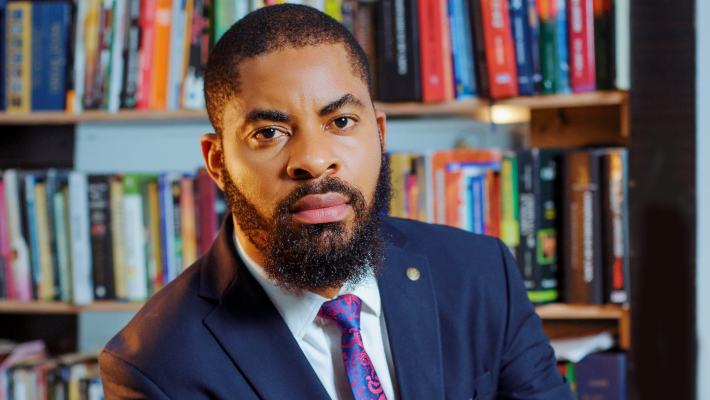As Nigeria marks its 65th Independence Day, human rights activist and legal practitioner, Deji Adeyanju, has raised concerns about the state of democracy, governance, and security in the country, warning that the nation was “not making visible progress.”
In a statement released on Tuesday, Adeyanju said democracy in Nigeria appeared to be centralised in the Federal Capital Territory (FcT) Abuja while it’s “almost non-existent at the subnational levels.” He argued that state governors wield excessive powers without adequate checks.
“Our governors wield excessive power with little to no accountability and they are shielded from scrutiny even as their salaries and allowances continue to rise,” he noted.
Citing a 2024 confrontation between the Economic and Financial Crimes Commission (EFCC) and 19 state governors, Adeyanju recalled how the anti-graft agency was nearly crippled. “Less than a year ago, 19 state governors nearly crippled the EFCC. But for the intervention of the judiciary, the fight against corruption would have suffered a fatal blow.”
Adeyanju also criticised the lack of compliance with the Supreme Court judgement on local government autonomy, describing it as evidence of selective obedience to the rule of law. “This same disregard for accountability is the same reason that the judgement of the Supreme Court on local government autonomy remains largely unenforced. Leaders cannot pick and choose which laws to obey. True democracy must be rooted in accountability at every level, not just in the Federal Capital Territory,” he stressed.
Turning his attention to the federal cabinet, Adeyanju said only a handful of ministers were actively discharging their responsibilities while the rest “are only ministers by portfolio.” According to him, “Only about four of our ministers are visible and working; the rest are missing in action. A country of Nigeria’s magnitude and challenges cannot afford ghost ministers.”
On insecurity, the activist lamented the spate of violence across the country, saying independence has little meaning without safety for citizens. “Independence means nothing without security. Nigeria must urgently strengthen its internal and territorial security so that citizens can feel safe in their homes, on their roads, and within their communities. Every other day we hear of “unknown gunmen” unleashing terror across the nation. This cannot continue,” Adeyanju said.
He concluded by calling for a renewed commitment to building a nation where democracy, accountability, and security are realities for all Nigerians and not just the privileged few. “Independence Day, to me, should not just be a date on the calendar. It should be an ongoing work of building a nation where democracy, accountability, and security are real for every Nigerian, not just a privileged few,” Barrister Adeyanju declared.







